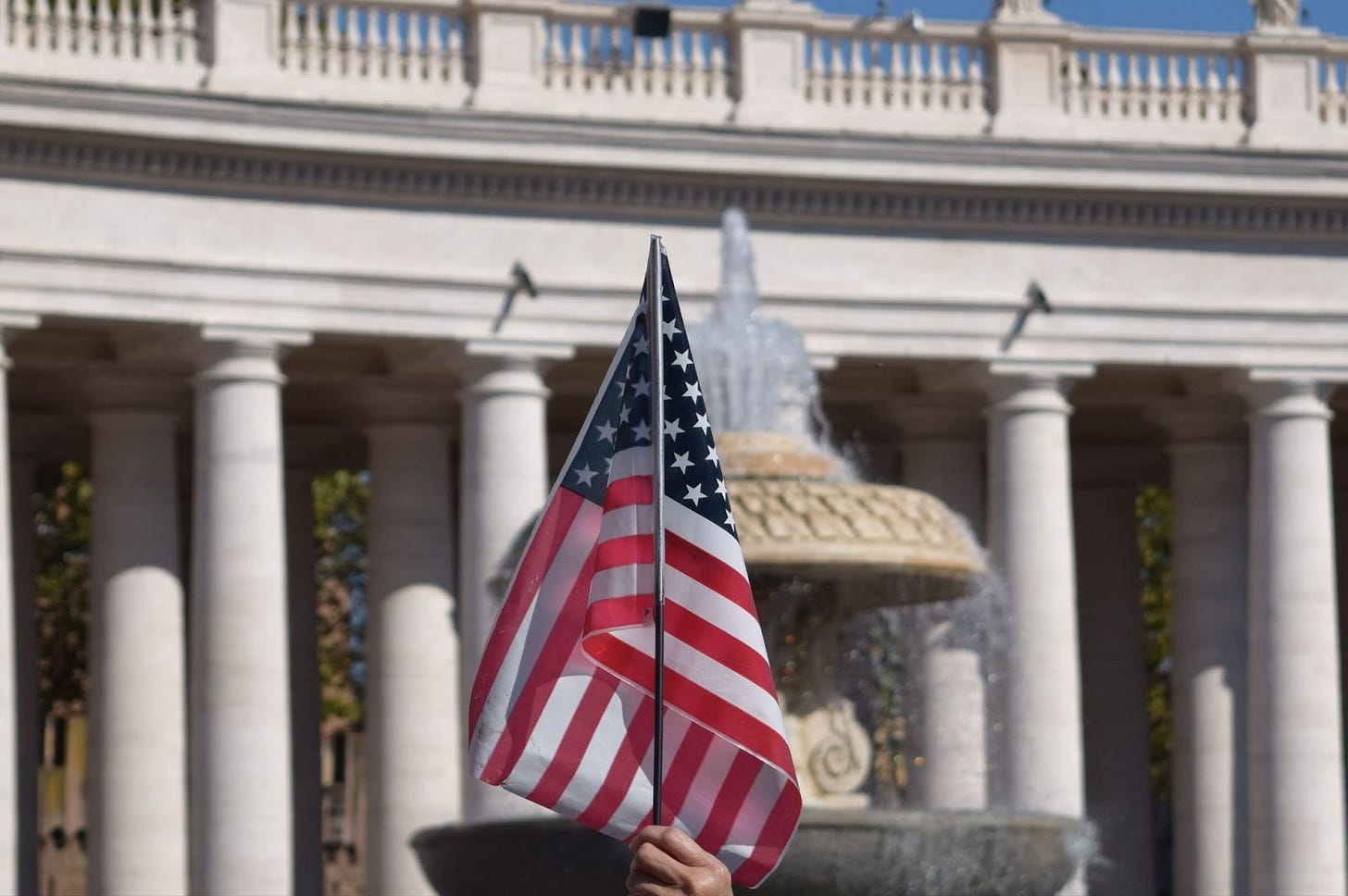Could Pope Leo actually renounce his American citizenship?
And why might the Vatican want him to?
Since the election of Robert Francis Prevost to the See of Rome just under two weeks ago, Americans, Catholic and otherwise, have reveled in Leo XIV becoming the first U.S. citizen to serve as pope.
An American pope is, reasonably, a source of national pride and joy, especially…

